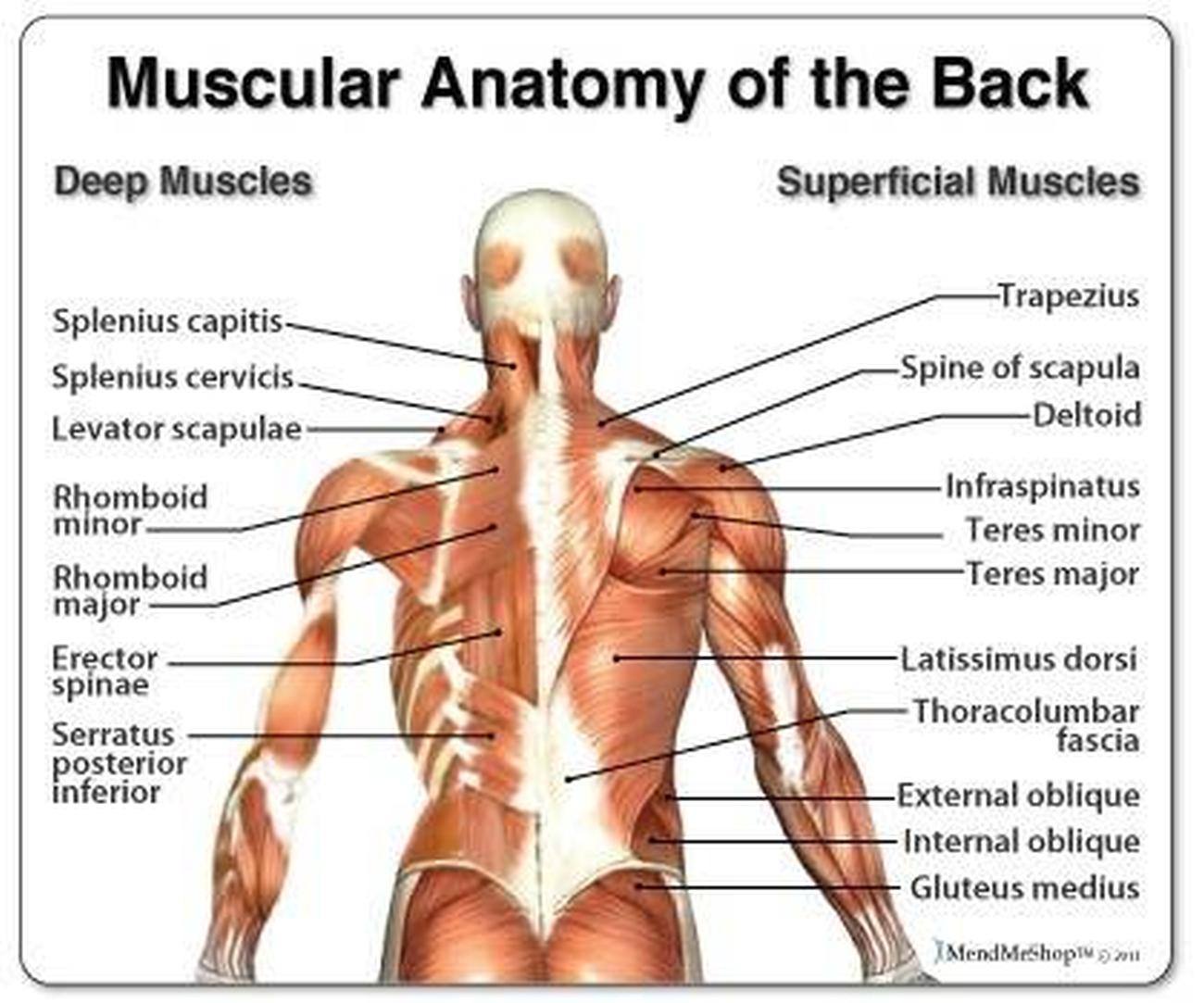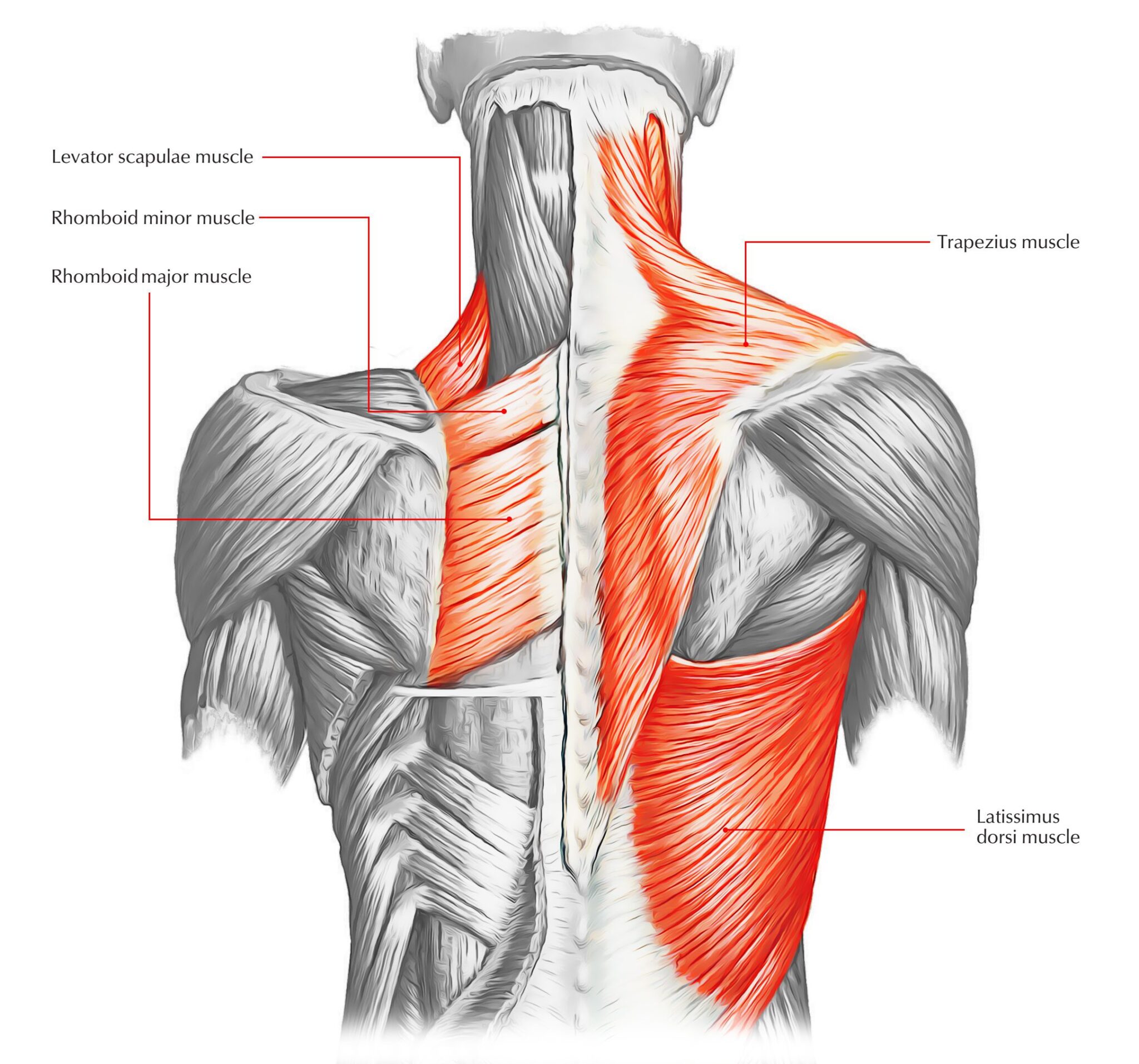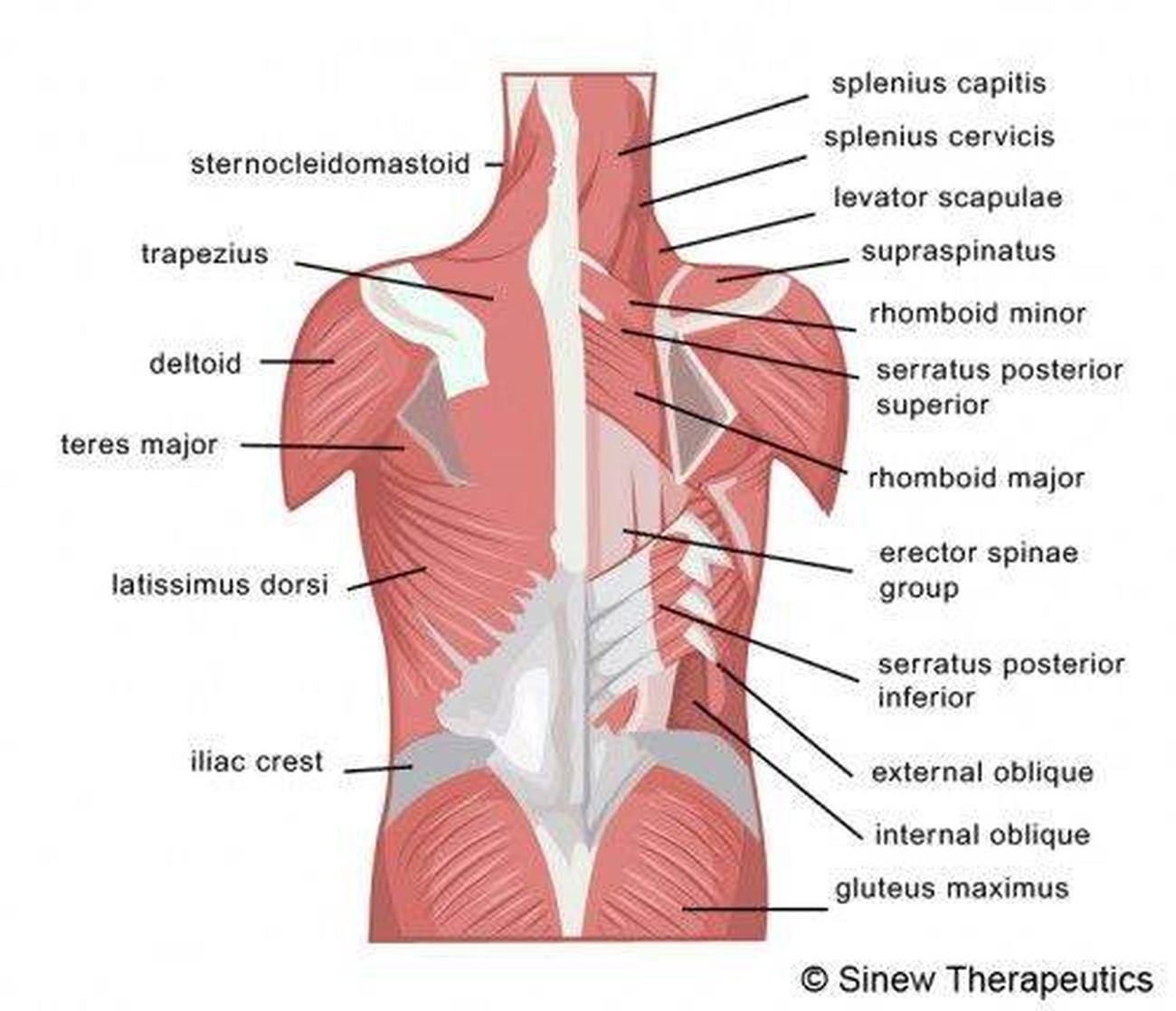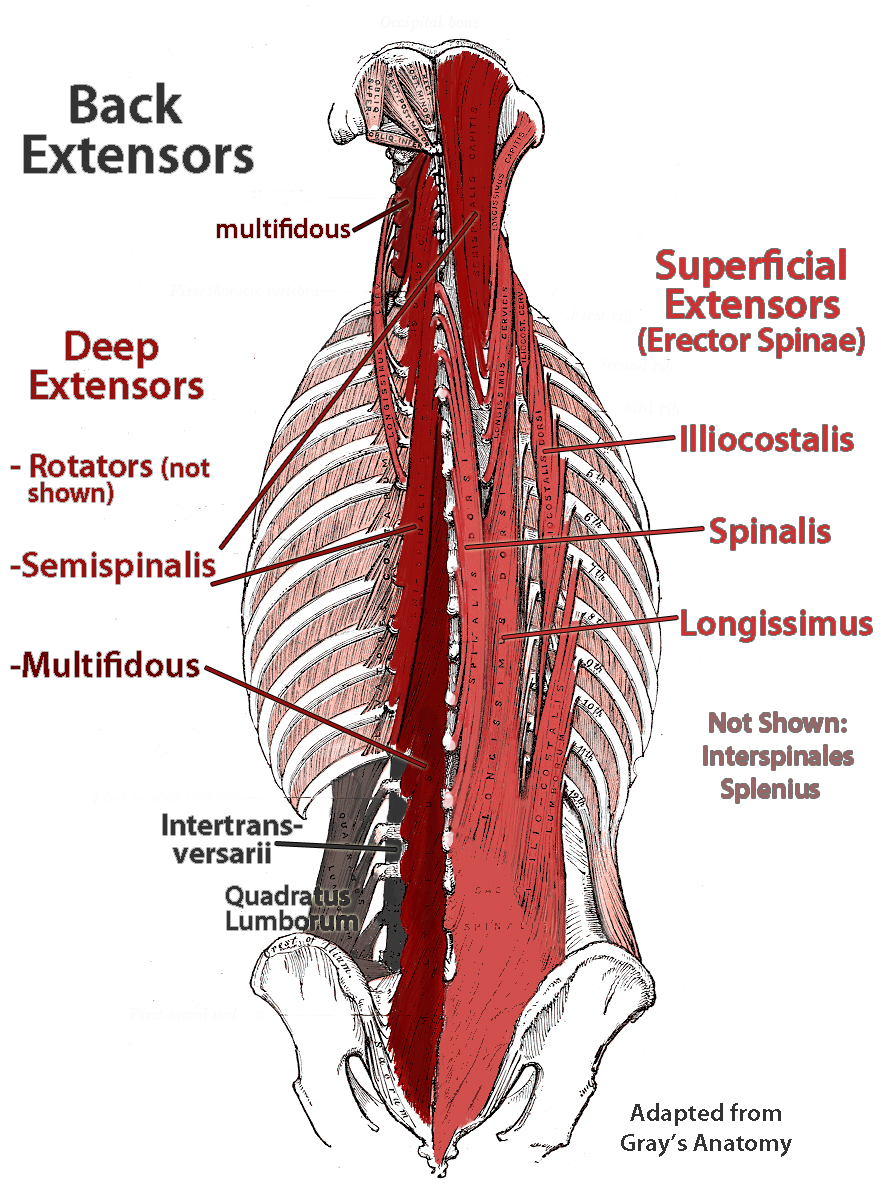Muscles Of The Lower Back
Muscles Of The Lower Back - The extensor muscles are attached to back of the spine and enable actions like standing and lifting. For more complete coverage of the structure and function of the low. Four of the most common causes of tight muscles of the low back (or anywhere in the body) are: Overuse, splinting, adaptive shortening, and overstretching. Your back muscles start just under your skull, go across your shoulders and run all the way down your spine to your lower back (just above your hips). There are three major groups of back muscles: This blog post article is an overview of the muscles of the lumbar spine of the trunk. Three main types of back muscles that help the spine function are extensors, flexors, and obliques. Muscles of the lumbar spine. Flexion/extension, rotation, and side bending of the back;
There are three major groups of back muscles: Your back muscles start just under your skull, go across your shoulders and run all the way down your spine to your lower back (just above your hips). This blog post article is an overview of the muscles of the lumbar spine of the trunk. Muscles of the lumbar spine. These groups serve to allow: Four of the most common causes of tight muscles of the low back (or anywhere in the body) are: Three main types of back muscles that help the spine function are extensors, flexors, and obliques. For more complete coverage of the structure and function of the low. They attach to bones across your body, including your:. Overuse, splinting, adaptive shortening, and overstretching.
For more complete coverage of the structure and function of the low. Three main types of back muscles that help the spine function are extensors, flexors, and obliques. Flexion/extension, rotation, and side bending of the back; These groups serve to allow: This blog post article is an overview of the muscles of the lumbar spine of the trunk. There are three major groups of back muscles: They attach to bones across your body, including your:. Your back muscles start just under your skull, go across your shoulders and run all the way down your spine to your lower back (just above your hips). The extensor muscles are attached to back of the spine and enable actions like standing and lifting. Muscles of the lumbar spine.
Human&Animal Anatomy and Physiology Diagrams Lower Back Anatomy Muscles
The extensor muscles are attached to back of the spine and enable actions like standing and lifting. This blog post article is an overview of the muscles of the lumbar spine of the trunk. These groups serve to allow: Flexion/extension, rotation, and side bending of the back; There are three major groups of back muscles:
Back Muscle Anatomy Pictures Back Muscle Anatomy Images Anatomy Human
Overuse, splinting, adaptive shortening, and overstretching. Flexion/extension, rotation, and side bending of the back; Three main types of back muscles that help the spine function are extensors, flexors, and obliques. There are three major groups of back muscles: Muscles of the lumbar spine.
These Back Muscles That Move and Stabilize Your Spine Human body
Four of the most common causes of tight muscles of the low back (or anywhere in the body) are: Your back muscles start just under your skull, go across your shoulders and run all the way down your spine to your lower back (just above your hips). Muscles of the lumbar spine. They attach to bones across your body, including.
Lower back muscles, artwork Stock Image C014/5013 Science Photo
There are three major groups of back muscles: The extensor muscles are attached to back of the spine and enable actions like standing and lifting. They attach to bones across your body, including your:. These groups serve to allow: For more complete coverage of the structure and function of the low.
Human Anatomy Back Muscle diagram, Muscle anatomy, Lower back muscles
Four of the most common causes of tight muscles of the low back (or anywhere in the body) are: For more complete coverage of the structure and function of the low. This blog post article is an overview of the muscles of the lumbar spine of the trunk. They attach to bones across your body, including your:. Muscles of the.
Structure of the Back & Spine AllSpine
The extensor muscles are attached to back of the spine and enable actions like standing and lifting. Overuse, splinting, adaptive shortening, and overstretching. Four of the most common causes of tight muscles of the low back (or anywhere in the body) are: Your back muscles start just under your skull, go across your shoulders and run all the way down.
Pictures Of Back Muscles
Four of the most common causes of tight muscles of the low back (or anywhere in the body) are: There are three major groups of back muscles: Muscles of the lumbar spine. Overuse, splinting, adaptive shortening, and overstretching. Your back muscles start just under your skull, go across your shoulders and run all the way down your spine to your.
Back Stiffness Orchard Health Clinic
Muscles of the lumbar spine. There are three major groups of back muscles: They attach to bones across your body, including your:. Four of the most common causes of tight muscles of the low back (or anywhere in the body) are: The extensor muscles are attached to back of the spine and enable actions like standing and lifting.
Pictures Of Back Muscles
The extensor muscles are attached to back of the spine and enable actions like standing and lifting. For more complete coverage of the structure and function of the low. These groups serve to allow: There are three major groups of back muscles: This blog post article is an overview of the muscles of the lumbar spine of the trunk.
deep muscles of lower back Biological Science Picture Directory
Overuse, splinting, adaptive shortening, and overstretching. Your back muscles start just under your skull, go across your shoulders and run all the way down your spine to your lower back (just above your hips). Three main types of back muscles that help the spine function are extensors, flexors, and obliques. Flexion/extension, rotation, and side bending of the back; These groups.
They Attach To Bones Across Your Body, Including Your:.
Three main types of back muscles that help the spine function are extensors, flexors, and obliques. These groups serve to allow: Your back muscles start just under your skull, go across your shoulders and run all the way down your spine to your lower back (just above your hips). Overuse, splinting, adaptive shortening, and overstretching.
The Extensor Muscles Are Attached To Back Of The Spine And Enable Actions Like Standing And Lifting.
Muscles of the lumbar spine. For more complete coverage of the structure and function of the low. There are three major groups of back muscles: Flexion/extension, rotation, and side bending of the back;
This Blog Post Article Is An Overview Of The Muscles Of The Lumbar Spine Of The Trunk.
Four of the most common causes of tight muscles of the low back (or anywhere in the body) are:









